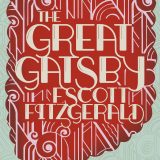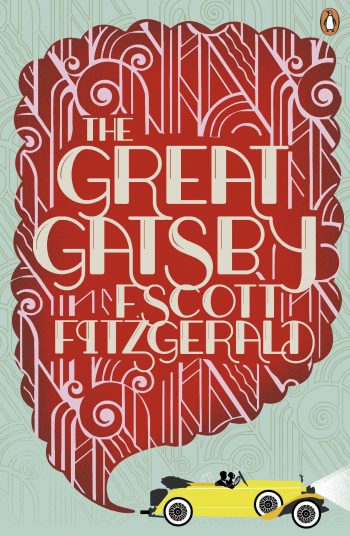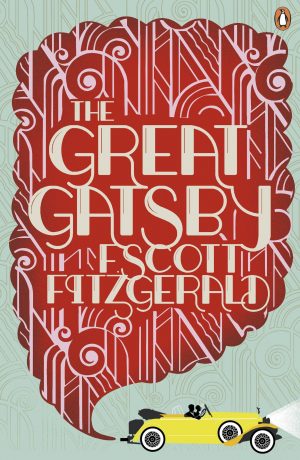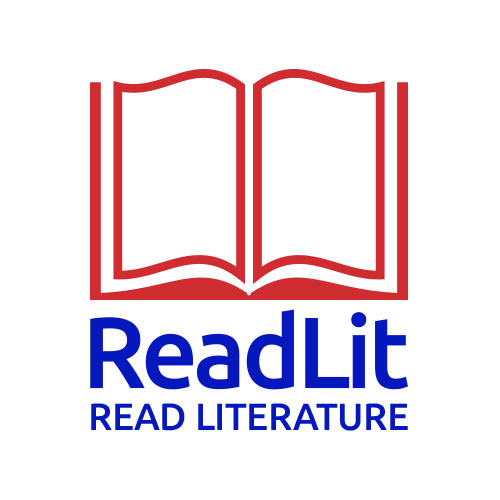The Great Gatsby – F. Scott Fitzgerald – 1925
Reviewed by: Henrik Henrik Wigestrand Date: 10 June 2002
I don’t intend to review The Great Gatsby. This novel is brilliant. Enough said.
But like lots of classics, it was not appreciated in its own time. An excellent example of this attitude is the first Norwegian translation of The Great Gatsby (now, isn’t this what you always wanted to read about??)
Some Norwegian editor realised in 1927 that this was a great novel. A great dime novel, in fact.
When I studied the Lost Generation at the University of Oslo, I has the privilege of cutting open a virgin print of this first translation at the Norwegian National Library.
The translated novel’s title in Norwegian was “The Yellow Car”. And the translation gently excludes any paragraph unrelated to the plot – i e the good stuff, about the green breast and all. It’s a cheap love story, for goodness’ sake, so don’t interrupt the plot with these silly paragraphs about pastoral sheep on Fifth Avenue and all that.
In addition to leaving out the best parts, the parts that really make The Great Gatsby a classic novel, the translation doesn’t always get East Egg and West Egg right – who can tell the sides of an egg anyway? And it inserts a comment “Oh dear, how embarrassing!” into a dialogue between Nick and Daisy.
So – in order to really appreciate The Great Gatsby, you should first learn Norwegian.
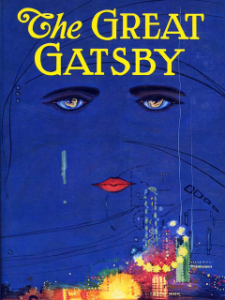
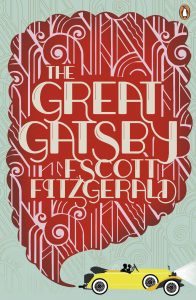
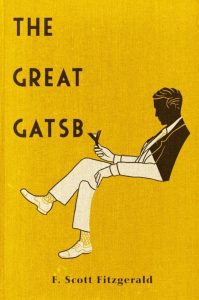
Reviewed by: Andres Natal Date: 7 January 2001
“The Great Gatsby” by F. Scott Fitzgerald has become a classic of American literature on the basis of two factors: One, it is structurally brilliant, with scarcely a line that is unnecessary; and, two, it unfolds before the reader a very moving and human message: The wonder (and terror) of America and how a person’s individuality can be lost in the struggle for “success”.
Lost on most students today (but not to the race-conscious academicians of the Early Twentieth Century) was the fact that “Gatz” (the protagonist’s real surname in the book) is a German Jewish name {a variation of the common surname, “Katz”}. So, not wanting to touch upon this topic of the name-changing and assimilation of Jewish people in Twentieth-Century America, most modern teachers do their students a great disservice by obscuring Gatsby’s uncomfortable and unspoken Semitic origins. But with that element missing from the understanding of the reader, he loses sight of the underpinnings of the protagonist’s character (and dilemma): He is not acceptable to America’s social elite. As a result, he moves away, changes his name and tries to amass a fortune by any means possible (unfortunately, in Gatsby’s case, via underworld connections of the seediest stripe).
Tom Buchanan–the main female character’s husband–is a blustering bigot who keeps referring to a book he has recently read, entitled “The Rise of the Coloured Nations”. (Something Fitzgerald introduces into the text to the attitudes that were current among Daisy’s social set at the time and to illustrate just what Gatz/Gatsby was up against.)
The love-story assumes tragic dimensions, then: A man from a little-esteemed minority who feels that he has to erase himself (and re-make himself!) in order to be acceptable to the daughter of privileged Americans. (To that end, he affects a Mid-Atlantic accent, makes use of Yale-isms (like calling people “Old Chap”), buys expensive clothes; but he never quite escapes the Past that he feels is dogging him.)
The pain reaches its highest pitch when, at last, he attains the means with which to win Daisy . . . but realizes that there are deeper ties holding her to her old life than money (for by the time he amasses a fortune, she has embarked on the creation of a family).
The tragedy, then, becomes that Gatsby achieves the transformation that he had always wanted–but to no result; that he sacrificed himself–his past, his family, his identity–but only for an illusion. Something that could never have happened.


